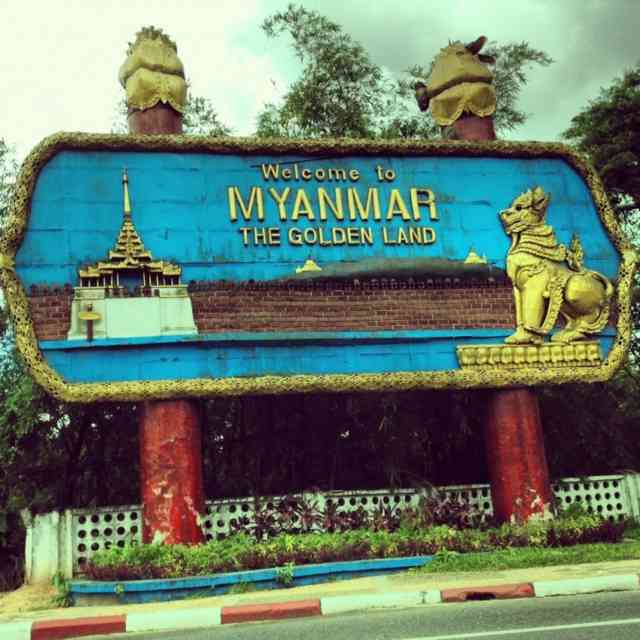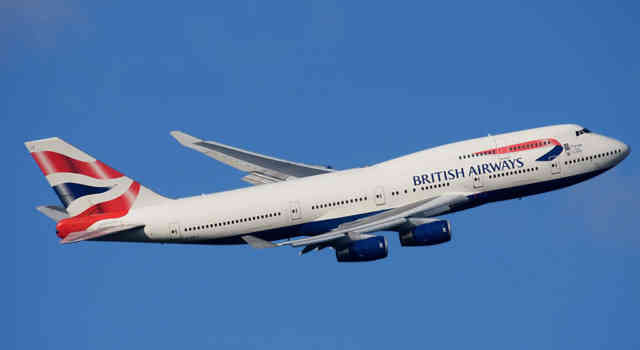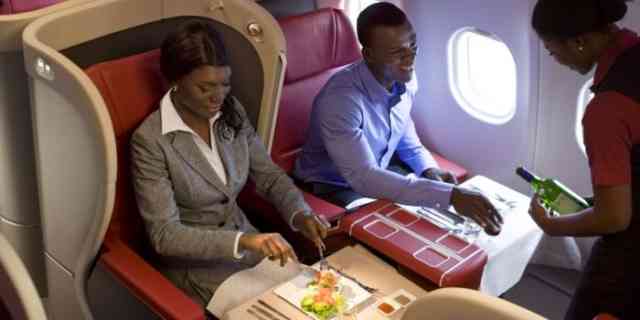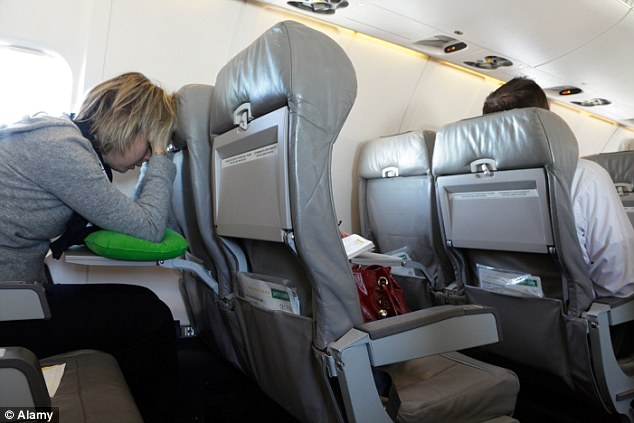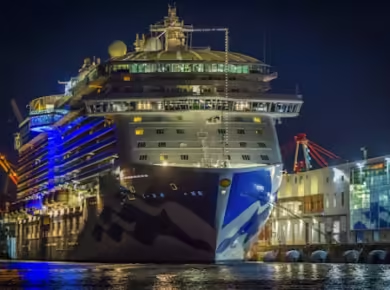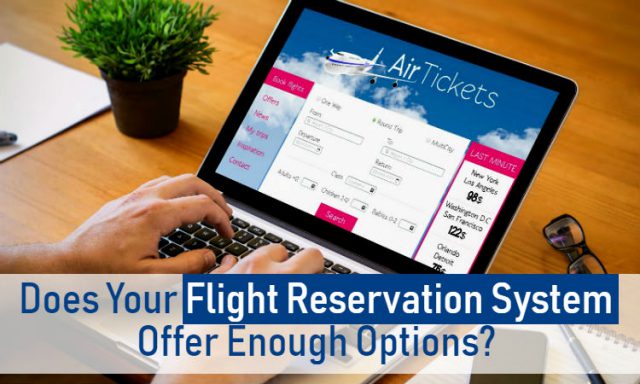
Does Your Flight Reservation System Offer Enough Options
There is no doubt that airlines have been a driving force in the growth of the travel industry. Not only have airlines been able to change people’s behavior by making flying as common as other modes of transportation, but the people they transport need a place to stay, a way to get around while at their destination and something to eat just to name a few things. Airlines, hotels , car rental companies, even cruise lines to a degree have an interdependent relationship with each other and share customers.
As the flight networks grew, it was not long before the airlines began strategic marketing partnerships with car rental companies and hotels. So, it’s only logical that a flight reservation system be seamlessly integrated with these other travel components. Today’s online travel booking engines are a result of years of technological evolution and have helped travel suppliers expand their business and become early pioneers in the online revolution.
As the online marketplace became increasingly competitive, innovative business rules engines were developed for today’s flight reservation systems to allow business owners to drive efficiencies in the sales process by automatically delivering the proper marketing message to agents as well as consumers. Powerful revenue management tools available with today’s travel booking engines can provide online travel retailers the ability to quickly and easily preset business rules and adjust a product’s selling price. Both are critical tools needed to remain competitive in today’s rapidly changing online marketplace.
The custom packaging options available allow the travel agent to price multiple products such as Cruise, Air & Hotel and bundle them into a package to sell as packages online. And there are even dynamic packaging tools that can combine a cruise itinerary with airline and hotel arrangements. By taking the guesswork out of the equation, agents can serve their customers more efficiently and eliminate errors while reducing the time and effort to complete a booking.

